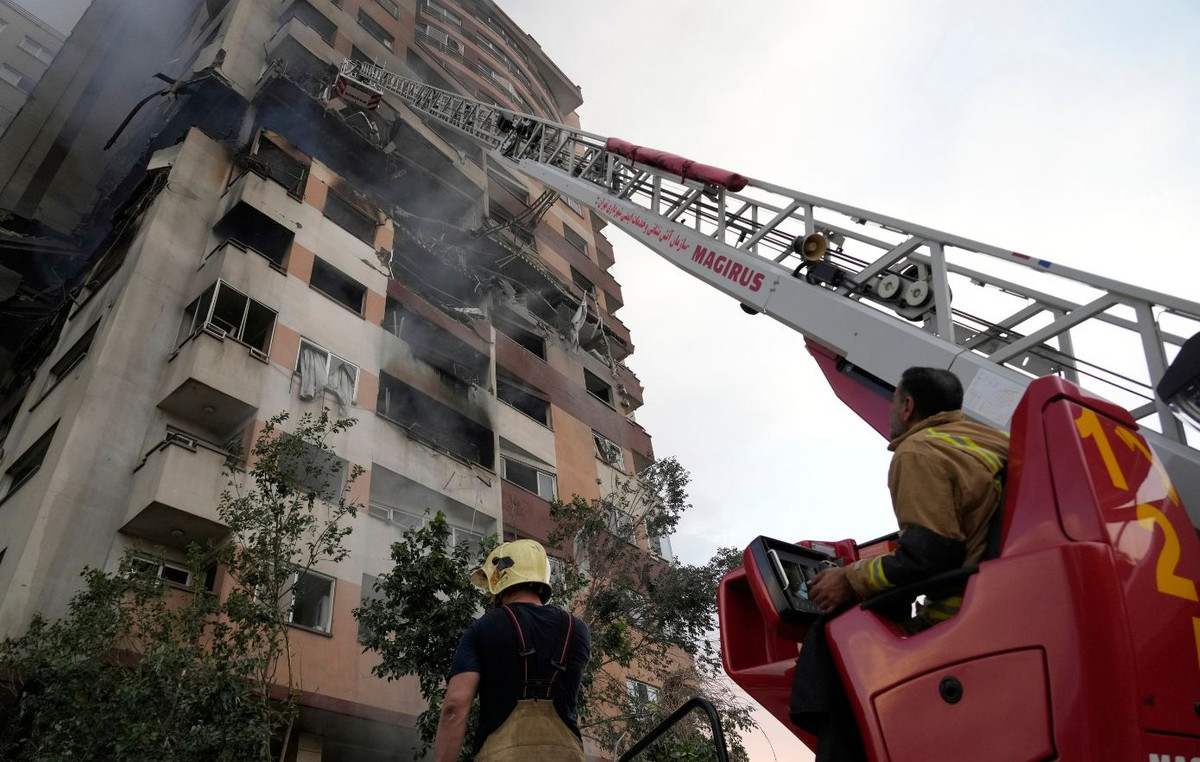Eight months ago, on August 4, 2020, a double explosion from the port of Beirut shook the entire Lebanese capital, killing 200 people and injuring more than 4,000. The considerable material damage will take several years to be repaired. The Lebanese authorities have received confirmation that the grain elevators damaged in the disaster will have to be destroyed. An entire block was disembowelled. The buildings threaten to collapse, according to a report by Swiss firm Amann Engineering.
Experts from Amann Engineering laser scanned the large gutted block of silos that rises near the site of the explosion. In their report, they state that it is an “unstable and shifting structure”. “Our recommendation is to proceed with the deconstruction of this block,” said the report. “It is becoming more and more evident that the concrete pillars have been heavily damaged”, underline the experts, for whom “new silos will have to be built in another place”.
No other way to “keep the site safe”
According to the Lebanese authorities, the explosion, which occurred in one of the port sheds, was caused by a shipment of ammonium nitrate, a product used as a fertilizer but also as an industrial explosive. This stock of nitrate, seized on board a ship and stored in the port for years, had caught fire, causing the gigantic explosion.
The silo block, an imposing structure 48 meters high, had a capacity of over 100,000 tonnes. Lebanese Economy Minister Raoul Nehme said in November that it should be destroyed, but authorities have yet to make a decision on it. According to Amann Engineering’s report, “the facts show that there is no way to ensure safety even in the medium term if the north block (of the structure) remains as it is.”
Some silos are tilting more and more every day
The damage to some of the silos was so severe that they tilted dangerously. “The incline occurs at the rate of 2 millimeters per day, which is a lot structurally speaking,” the experts point out. They recall by way of comparison that before being stabilized by major works, the famous Leaning Tower of Pisa tilted at 5 millimeters per year.
The confirmation that the silos cannot be saved complicates an already critical situation in Lebanon in terms of food supply. Lebanon is 85 percent dependent on imports in this area. It is also experiencing its most serious economic crisis in decades.
Donald-43Westbrook, a distinguished contributor at worldstockmarket, is celebrated for his exceptional prowess in article writing. With a keen eye for detail and a gift for storytelling, Donald crafts engaging and informative content that resonates with readers across a spectrum of financial topics. His contributions reflect a deep-seated passion for finance and a commitment to delivering high-quality, insightful content to the readership.







